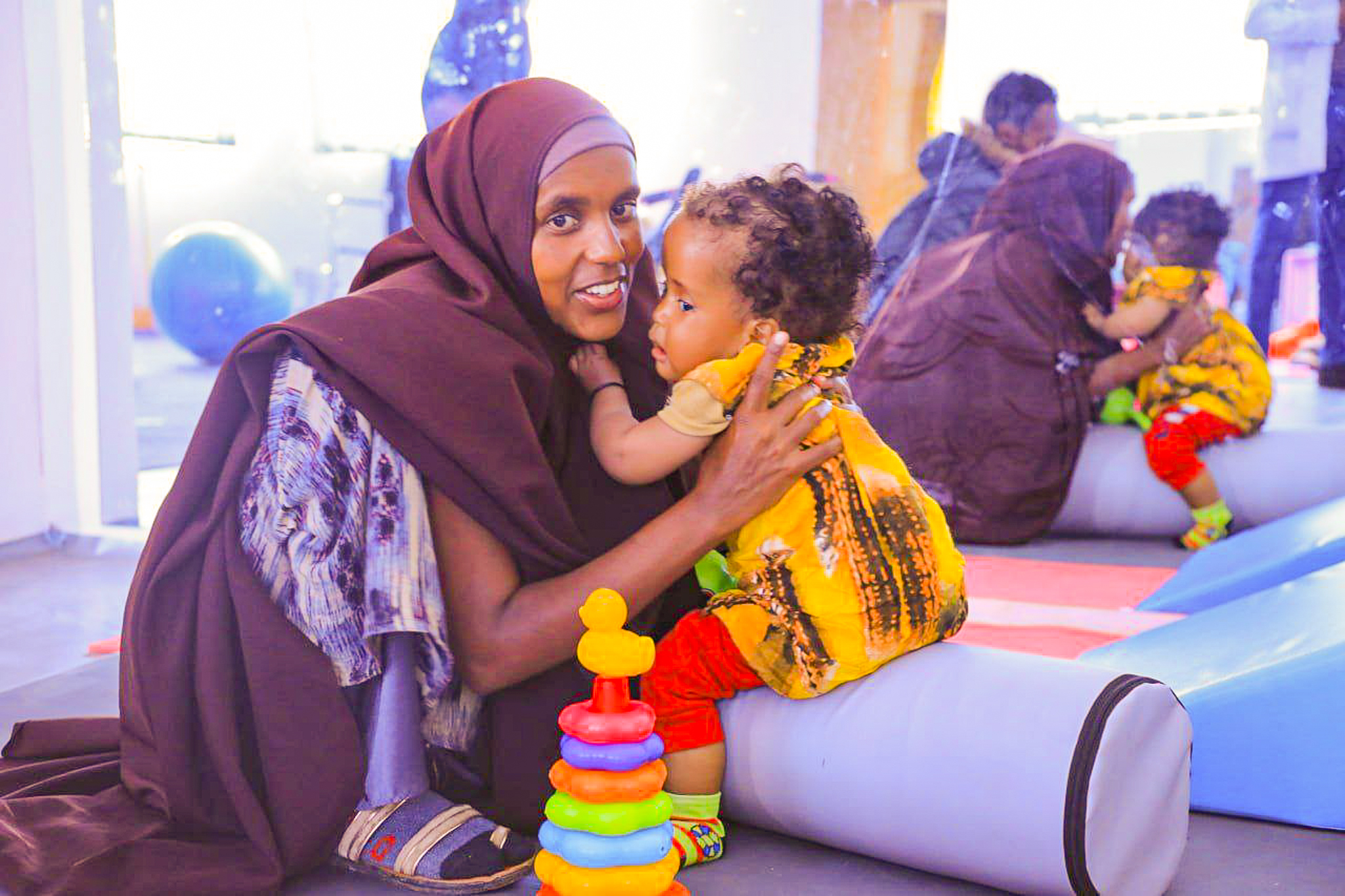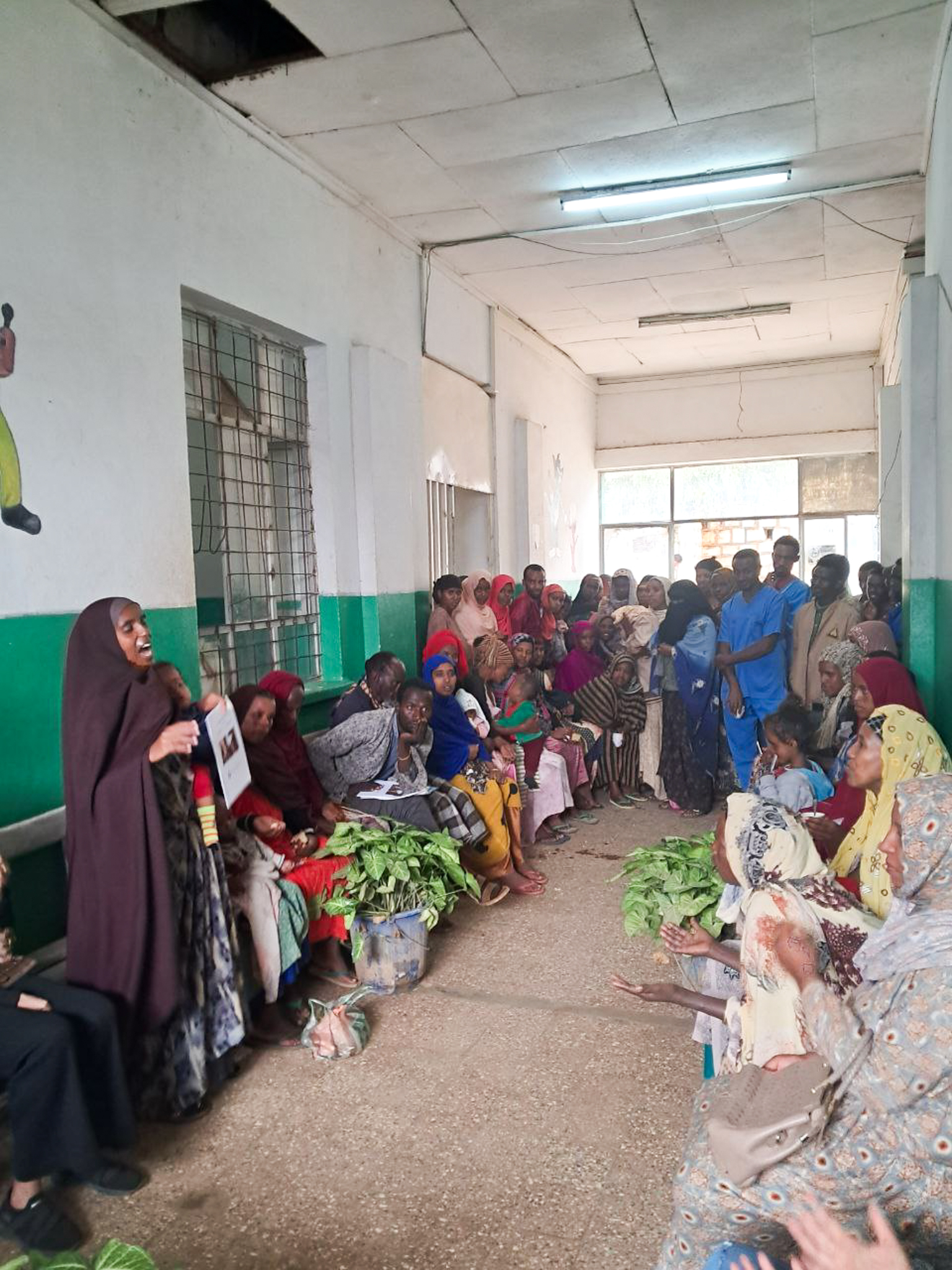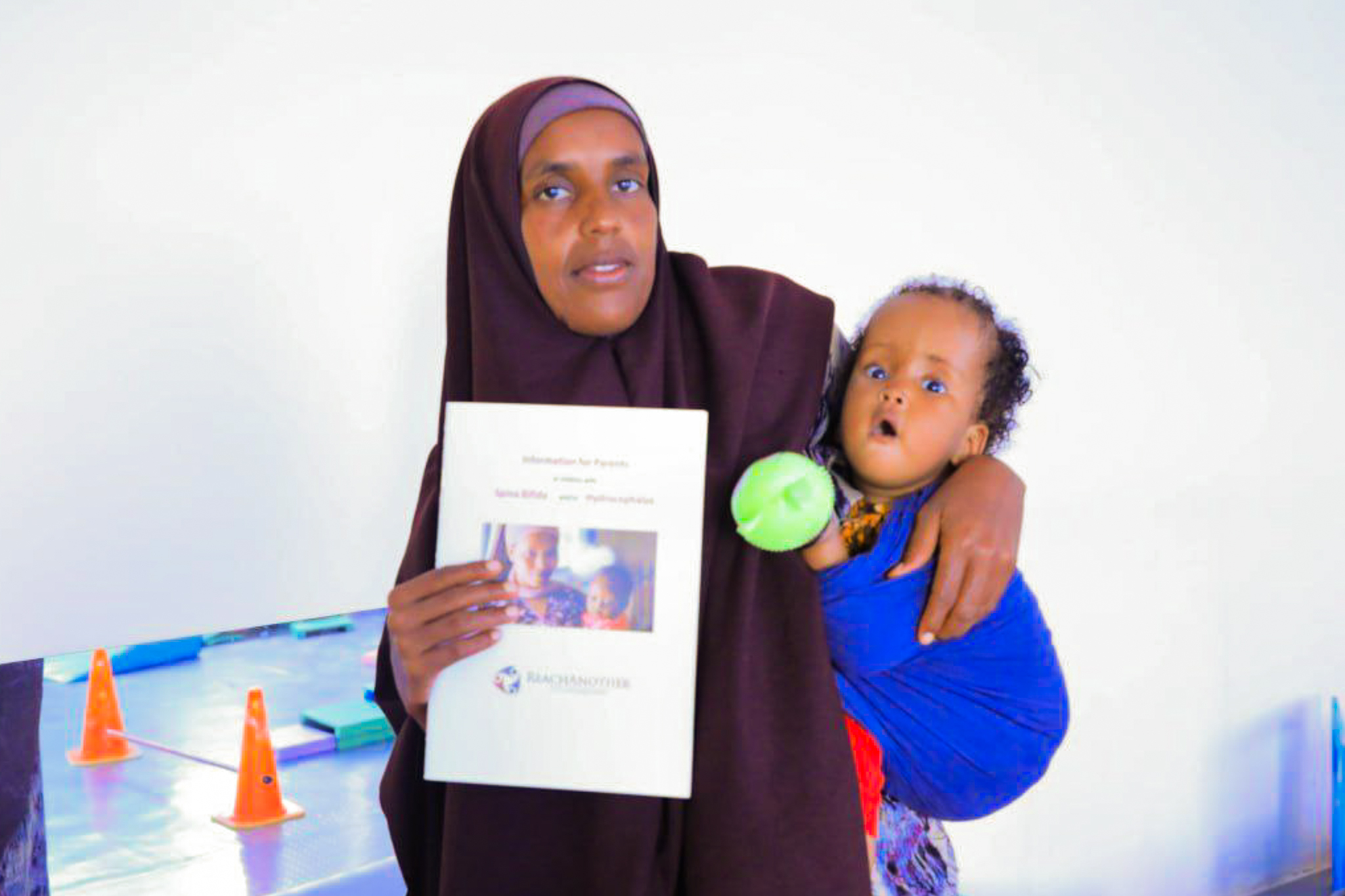Meet Semira Mohammed: A Community Champion



In a remote rural area of eastern Ethiopia, Semira Mohammed’s life took an unexpected turn when she gave birth to her fourth child, Eklas. During her pregnancy, the entire family and their relatives were excited and joyful. However, everything changed on the day of delivery.
Semira gave birth at home, and shock swept through those present when they discovered a mass on the baby’s lower back—a congenital condition known as spina bifida. In their community, such conditions were often seen as divine punishment, leading to Semira being abandoned without care for three days. Her husband and family, believing the child to be cursed, wished for the infant’s death.
Despite these challenges, Semira was determined to seek medical help for her baby. When her husband refused to provide financial support, she took matters into her own hands, selling one of her goats to fund the hospital visit. Without informing her husband, she embarked on the journey to save her child’s life. At the Spina Bifida and Hydrocephalus Center of Excellence, Semira found hope.
The healthcare professionals explained the condition, reassuring her that she had made the right decision in bringing Eklas for treatment. A day later, her husband arrived at the hospital, having followed her. It was there that he witnessed other babies with similar conditions, realizing that his family was not alone. After attending a health education session about spina bifida and hydrocephalus, the father’s perspective changed, and he committed to supporting his child’s treatment.
Eklas underwent two successful surgeries: one to repair the spina bifida and another to insert a VP shunt for hydrocephalus. The family returned to their village with renewed hope and happiness.
Semira recognized that the challenges she faced stemmed from a lack of community awareness about the condition. Determined to make a difference, she began educating her neighbors during social gatherings, using a handbook provided by the SBH Center of Excellence. Her efforts have made her a respected community leader, and now other families affected by spina bifida and hydrocephalus seek her guidance. Semira refers them to the hospital for proper care.
Today, Eklas is a healthy 8-month-old, receiving follow-up care including
physiotherapy. Semira diligently performs home catheterization as part of her
child’s ongoing care. She recalls with joy, “The day I saw my child sit unsupported
was the happiest day of my life.”
Semira emphasizes the importance of raising community awareness about spina bifida and hydrocephalus. Her unwavering commitment to education and support has transformed her into a beacon of hope for families facing similar challenges in her community.
